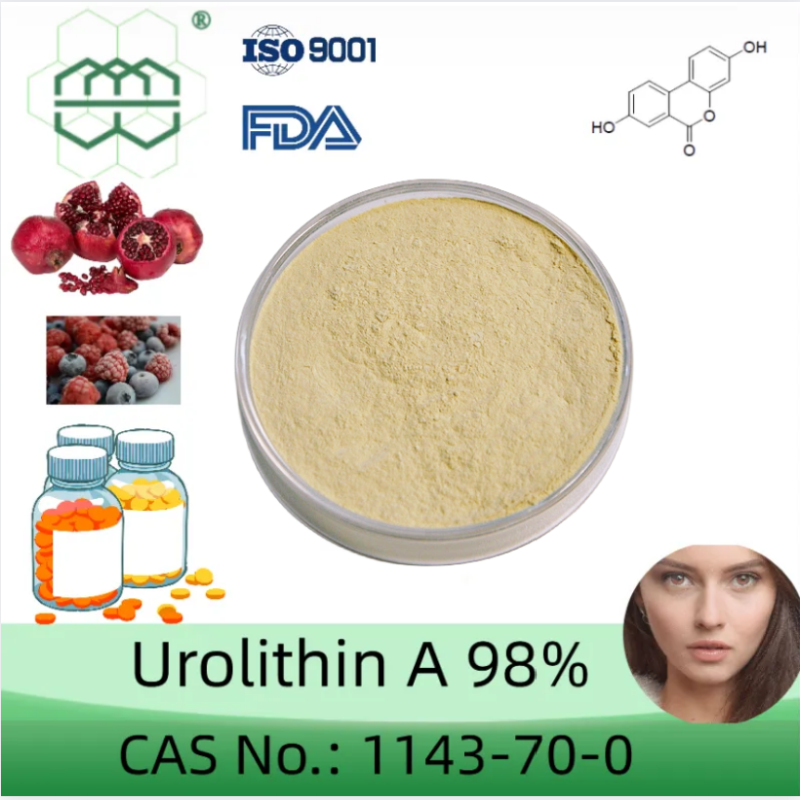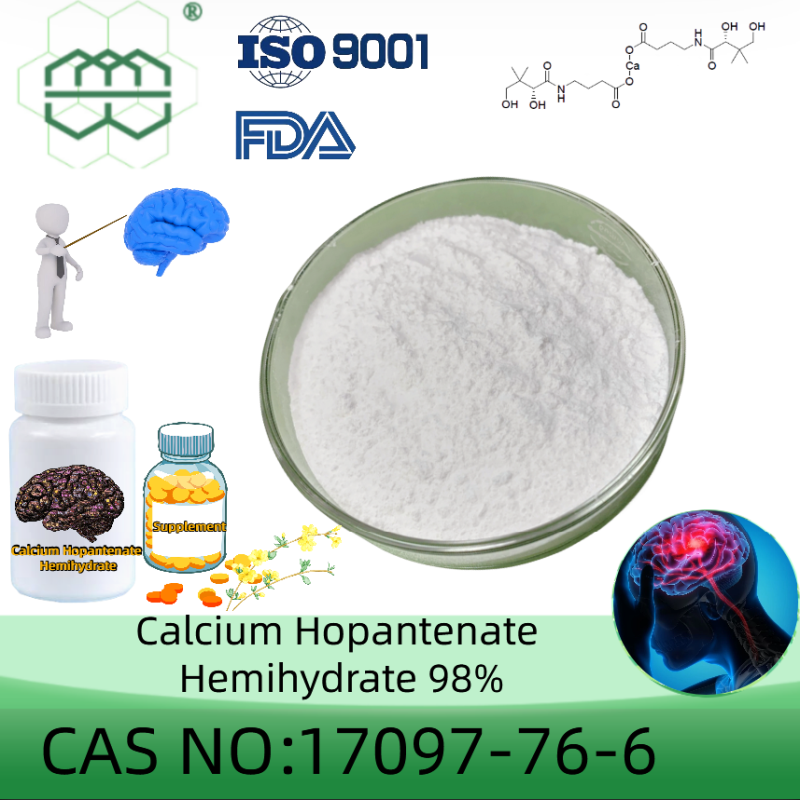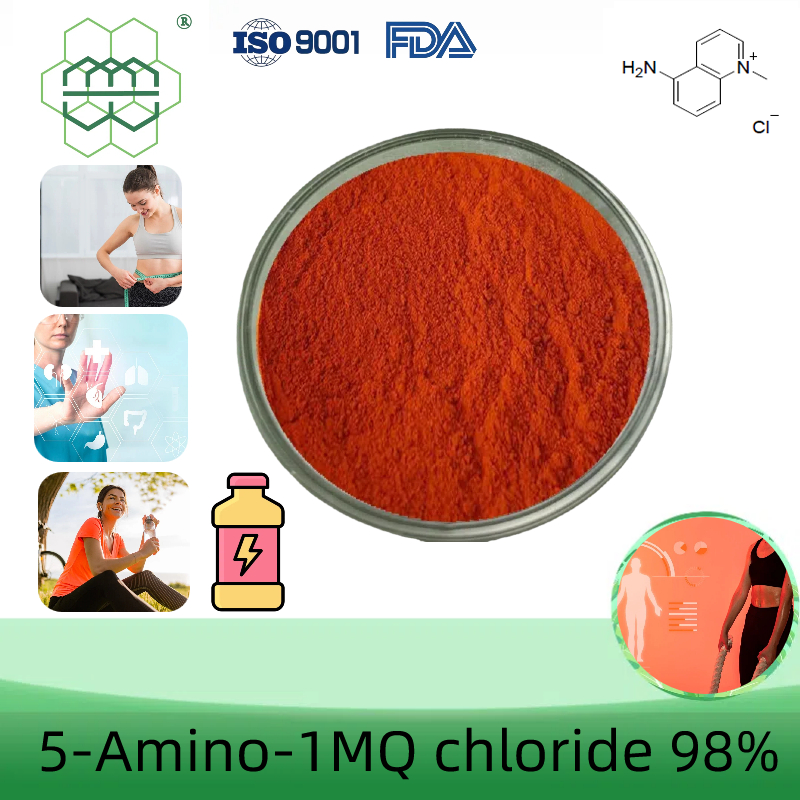-
Categories
-
Pharmaceutical Intermediates
-
Active Pharmaceutical Ingredients
-
Food Additives
- Industrial Coatings
- Agrochemicals
- Dyes and Pigments
- Surfactant
- Flavors and Fragrances
- Chemical Reagents
- Catalyst and Auxiliary
- Natural Products
- Inorganic Chemistry
-
Organic Chemistry
-
Biochemical Engineering
- Analytical Chemistry
-
Cosmetic Ingredient
- Water Treatment Chemical
-
Pharmaceutical Intermediates
Promotion
ECHEMI Mall
Wholesale
Weekly Price
Exhibition
News
-
Trade Service
Original title: Eating mushrooms to prevent Alzheimer's?
" Alzheimer's is painful not only for me, but also for my family. According to our study, eating more mushrooms can prevent Alzheimer's disease, and there is evidence to support this, but more research is needed. Professor Wang Lei, academic leader of the Health System Health Ageing Research Centre at the National University of Singapore, said.
is more important to prevent Alzheimer's
Alzheimer's disease, also known as Alzheimer's disease (AD), which is growing in tandie as human life expectancy grows.
Said that Europe and the United States into an aging society early, invested a lot of resources to study the disease, but at present has not found any drug can cure or even prevent the progression of Alzheimer's disease, even if the market, such as Anlishen, four or five drugs, are the cure, only to delay the symptoms.
" prevention of dementia has become even more important, whether in China or Singapore, ageing is accelerating, and dementia is not only a health problem, but also an economic problem. Mr. Wang said.
team conducted a study of mushroom and cognitive function between 2011 and 2019, recruiting thousands of elderly Singaporeans. They included six common mushrooms in Singapore in the Singapore Diet and Healthy Ageing Queue Diet Survey, including golden needle mushrooms, winter mushrooms, fresh mushrooms, button mushrooms, mushrooms and canned mushrooms.
"We're part of an observational study, and then do some statistical analysis to see if there's any difference between the elderly who eat more mushrooms and the older people who eat less mushrooms." Mr. Wang said.
Mushrooms contain "malt sulfide" as a key
And they've accumulated a lot of data over the past decade, which has helped them discover an important fact: Mushroom intake helps reduce the risk of mild cognitive impairment. Mild cognitive impairment is an early stage of Alzheimer's disease.
compared to older people who ate less than 150 grams of mushrooms a week, those who ate more than 300 grams a week had a reduced risk of mild cognitive impairment by half. This relationship is still valid after adjusting the relevant conferuous variables, and there is a clear dose relationship.
said he had been studying diet for nearly a decade, which was the "strongest" dose relationship he had ever seen, and that the more mushrooms he ate, the lower his risk of mild cognitive impairment. "From our observations, the more you eat, the better."
they also did some basic research on biological processes and found that a mushroom ingredient called "wheat sulfide" may play a leading role in reducing the prevention of Alzheimer's disease. This is because ergothione has antioxidant anti-inflammatory effects and protects nerve cells.
FengLei also stressed that from the point of view of scientific rigorousness, relying on observational research, animal studies and cases can not give a clear scientific conclusion, but can give researchers a hint: for Alzheimer's disease, mushrooms are potentially preventive, "without a rigorously designed randomized controlled trial, we can not say that we can certainly draw this conclusion." Future research will require further clinical trials, he said.
.







